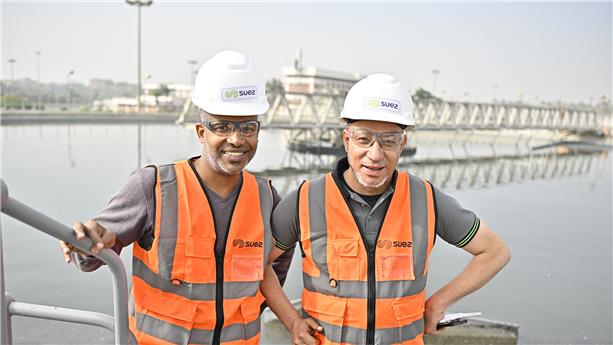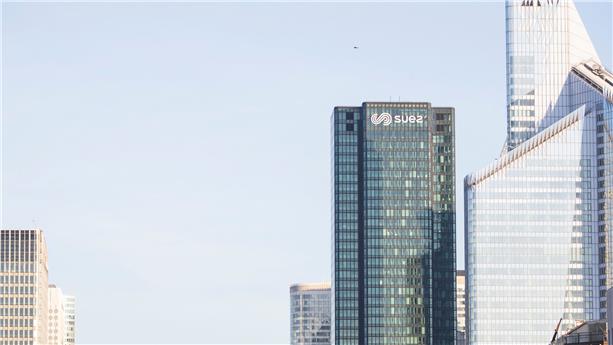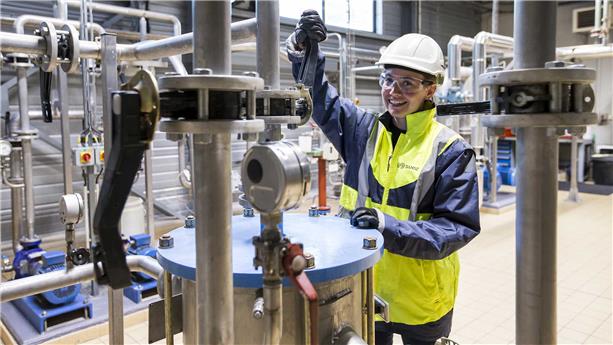
SUEZ pursues its development in Africa, supporting Angola in its challenge to facilitate access to drinking water
The plant will meet the drinking water needs of the fast-growing population of Luanda, which has reached 7.5 million inhabitants, while supporting the capital city’s economic development. The contract is part of a larger-scale developmental project that benefits from secure financing of the IBRD, the World Bank and BPI France.
With a capacity of 260,000 m3 per day, the plant will be one of the largest drinking water production plants built by the Group in Sub-Saharan Africa. Within the consortium, Mota Engil and Soares da Costa will manage the civil works. In addition to conducting engineering studies, providing equipment and assembling and commissioning the plant, SUEZ will be responsible for training the local teams from EPAL to ensure long-term operations. The plant will integrate SUEZ technologies such as PulsatubeTM and Aquazur® V in order to guarantee excellent water quality production. Those technologies reduce the footprint due to their compactness, optimize the treatment of micropollutants and organic matter, and are easy to operate.



